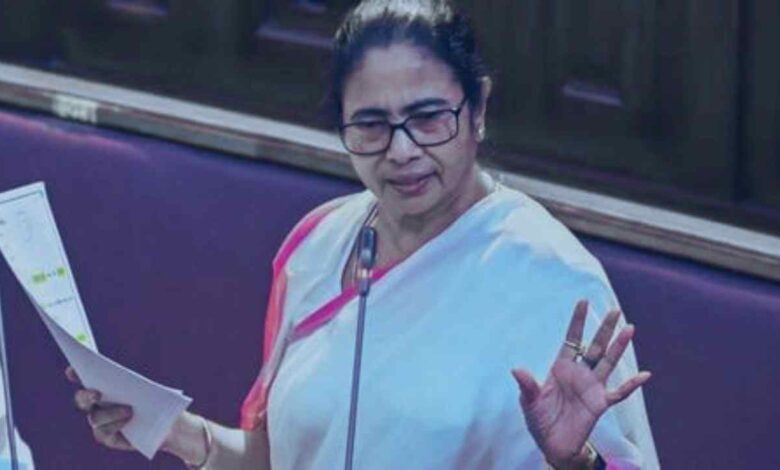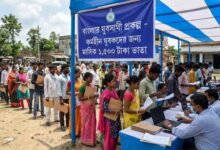Not Religion, Backwardness is the Benchmark: CM Clarifies West Bengal’s Stance on OBC Status

OBC Status: In a significant statement in the West Bengal Assembly, Chief Minister Mamata Banerjee unequivocally affirmed that social and economic backwardness is the sole criterion for granting Other Backward Classes (OBC) status in the state, not religion. Countering what she described as a “disinformation campaign” on social media, she clarified the state government’s definitive position on the matter.
“A deliberate misinformation campaign is being run by some sections on social media. I want to state clearly that in West Bengal, there is no religious basis for inclusion in the OBC list. The only benchmark is backwardness,” the Chief Minister declared.
She further announced that a government-appointed commission is currently surveying 50 new subsections for potential inclusion in the OBC list. This move is aimed at bringing more underprivileged groups under the umbrella of reservation, providing them with opportunities for upward mobility and integration into the developmental mainstream.
A Snapshot of OBC Reservation in the State
The Chief Minister provided detailed information on the subject after tabling the annual report of the West Bengal Commission for Backward Classes. She highlighted:
- Two-Tier List: The OBC list in West Bengal is divided into two categories: OBC-A and OBC-B.
- OBC-A: This category comprises the ‘more backward’ classes and currently includes 49 subsections.
- OBC-B: This category consists of the ‘less backward’ classes and has 91 subsections.
- Survey-Based Inclusion: The Chief Minister emphasized that every single inclusion has been made based on recommendations from the West Bengal Commission for Backward Classes, following extensive and thorough field surveys. Religion was never a factor in these decisions.
Significance of the Government’s Stand
The state government’s decision is a crucial step towards establishing social justice. This policy of providing reservation based on genuine backwardness, rather than religious identity, ensures that opportunities reach the most deserving individuals. According to experts, this will grant backward classes greater access to education, employment, and other sectors, contributing to the overall development of the state.
In the current national political climate, where reservation policies are a subject of intense debate, West Bengal’s clear stance sends a positive message about protecting the rights of backward communities. This transparent and impartial approach is expected to strengthen the state’s social fabric.

